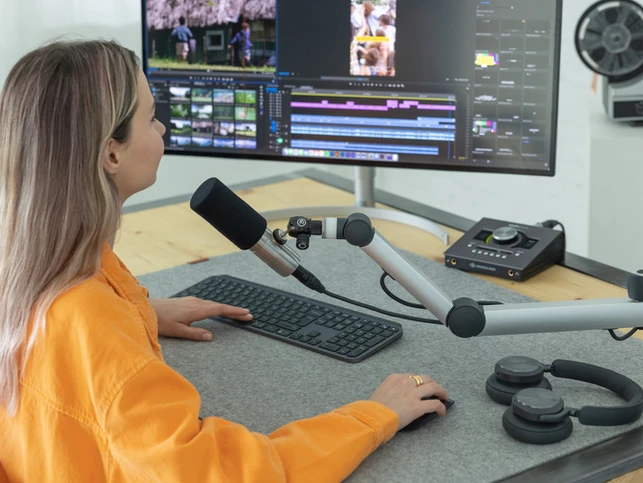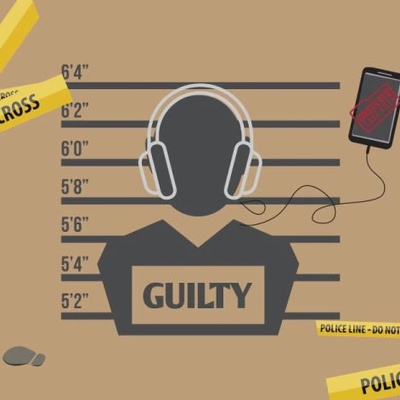The podcast industry has experienced exponential growth in recent years, with over 2 million podcasts available worldwide and an estimated 180 million podcast listeners projected by 2028. This surge in popularity has created a demand for podcast production companies and agencies that specialize in assisting podcasters in creating, producing, and distributing their content. In this comprehensive guide, we will explore the role of podcast production companies, the benefits of working with a podcast agency, and provide valuable insights on how to select the right one for your podcasting needs.
Understanding Podcast Production Companies
Podcast production companies are specialized agencies that offer a wide range of services to assist podcasters in various aspects of their podcast production journey. These companies house experienced professionals who possess the expertise and technical skills required to create high-quality podcasts. Services offered by podcast production companies include audio production and editing, scriptwriting and content development, hosting and distribution assistance, as well as marketing and promotion support. By collaborating with a podcast production company, podcasters can focus on creating compelling content while leaving the technical aspects in the hands of skilled professionals.
The Benefits of Working with a Podcast Agency
Partnering with a podcast agency offers several advantages for podcasters, especially those who are new to the industry or lack the technical expertise required for podcast production. Here are some key benefits of working with a podcast agency:
- Expertise and Experience: Podcast agencies have a deep understanding of the podcasting landscape. They are well-versed in industry best practices, audio production techniques, and effective marketing strategies, enabling them to deliver polished and engaging podcasts.
- Team of Professionals: Podcast agencies typically have a team of professionals who specialize in different areas of podcast production. From audio engineers to scriptwriters and marketing specialists, these agencies offer a comprehensive skill set that enhances the overall quality of the podcast.
- Streamlined Process: By working with a podcast agency, podcasters can benefit from a streamlined production process. Agencies have established workflows, access to professional equipment, and the technical know-how to efficiently handle the various stages of podcast production. This saves time and ensures a seamless production experience.
- Customized Solutions: Podcast agencies understand that each podcast is unique. They tailor their services to meet the specific needs and goals of the podcaster, providing customized solutions that align with their vision and target audience.
Selecting the Right Podcast Production Agency
Choosing the right podcast production agency is crucial for the success of your podcast. Here are some factors to consider when making your selection:
- Define Your Podcasting Goals: Clearly identify your podcasting goals and needs. Determine the type of content you wish to produce, your target audience, and any specific requirements you may have.
- Research and Shortlist Potential Agencies: Conduct thorough research to identify potential podcast production agencies. Explore their portfolio, listen to podcasts they have produced, and read client testimonials to gauge their quality, style, and reputation.
- Consider Budget and Pricing Models: Evaluate the pricing models and fee structures of different agencies. It's essential to strike a balance between cost and the level of service you expect.
- Communication and Collaboration: Assess the agency's communication and collaboration process. Effective communication and a collaborative approach are key to a successful partnership.
DFYP: Done for You Podcast
DFYP is a leading podcast production agency that specializes in creating, producing, and distributing podcasts. With our team of experienced professionals, we offer a wide range of services tailored to meet your podcasting needs. From audio production and editing to marketing and promotion, we are committed to delivering exceptional results.
Contact DFYP today to discover how we can assist you in creating a successful podcast that captivates your audience.
Conclusion
In conclusion, podcast production companies and agencies provide valuable support and expertise to help podcasters create, produce, and distribute their podcasts effectively. By understanding your podcasting goals, conducting thorough research, and selecting the right agency, you can embark on a successful podcasting journey. With dedication, consistent effort, and collaboration with your chosen agency, you can create a podcast that resonates with your audience and achieves your desired goals.























Comments (0)